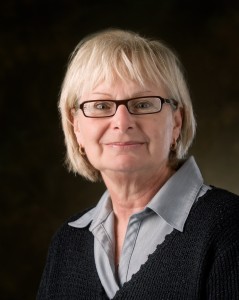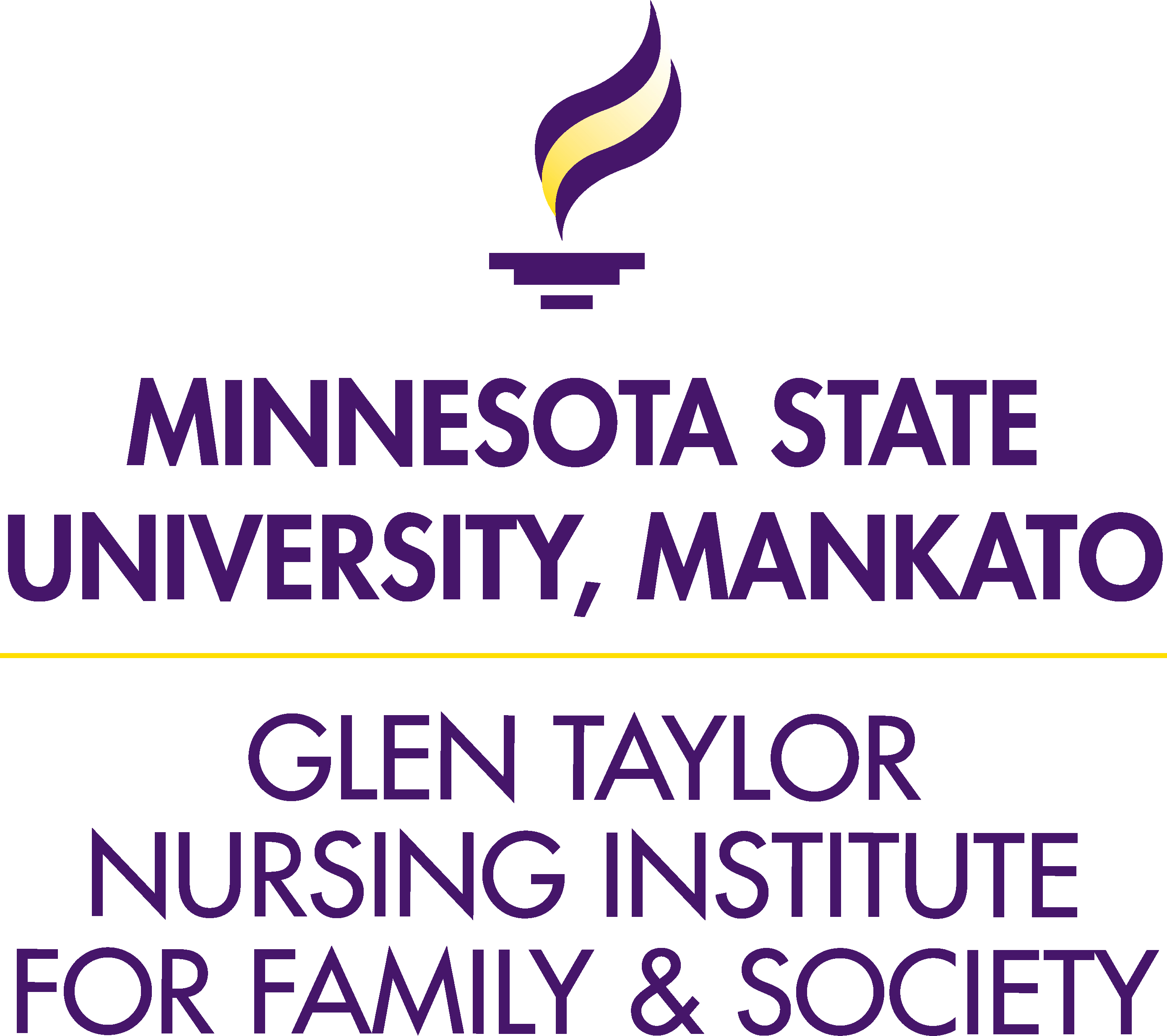 “Using the Family Health Model for Clinical Assessment and Nursing Interventions”
“Using the Family Health Model for Clinical Assessment and Nursing Interventions”
Presented by Sharon Denham, DSN, RN
Wednesday, June 27, 2012
2:00pm – 3:00pm (EST) or 7:00pm – 8:00pm (GMT)
Dr. Denham is Professor Emerita at Ohio University’s School of Nursing. She is currently Project Director at the Center for Appalachian Philanthropy for a Center for Disease Control and Prevention (CDC) funded project called Strengthening Communities to Prevent Diabetes in Rural Appalachia www.diabetesappalachia.net . This is the second year of a $2.5 million 5 year grant aimed at diabetes prevention through addressing knowledge, behavior change, environment, and policy. The project engages diabetes coalition groups in 11 Appalachian counties in four states (KY, OH, MS, VA). Through earlier work with the CDC National Diabetes Education Program, she developed Diabetes: A Family Matter www.diabetesfamily.net, a culturally sensitive prevention program for persons in the geographic region of Appalachia in the U.S. She has numerous publications from her research about health of Appalachia people. Her book entitled Family Health: A Framework for Nursing is an ecological model that nurses can use to think family in family focused practice. She has had leadership roles in the Appalachian Studies Association, the National Council on Family Relations, served on Board of Directors or the National League for Nursing’s Accreditation Commission, and is president-elect for the International Family Nursing Association.
Objectives:
At the conclusion of this webinar, participants will be able to:
- Describe the three domains of the Family Health Model.
- Discuss the ideas of think family and family focused care.
- Complete assessments and interventions using the core processes and family health routines.
Description
This program will start with a brief description of the ecological Family Health Model and briefly discuss its three domains (i.e., context, function, structure). Nurse educators often focus on teaching about the traits of various family types and the attributes that describe ways members of a specific family unit interact. Many ideas we traditionally teach nursing students are from a family science perspective. We work to adapt or apply these ideas to the discipline of nursing and clinical practice. While our efforts are meritorious, new students are often overwhelmed with the breadth of interesting information we teach in a unit or class. Although students acquire much knowledge as they study this content, they sometimes leave these lectures with some uncertainty about ways to apply this information given time and other constraints.
The Family Health Model does not just describe family types or their unique traits, but instead focuses on the complexity of health (and illness) from a family perspective. A multitude of factors determine the health and illness of members, and the health of the family as a whole. The model identifies the interdependent relationships of multiple member family households with their larger environments. The Family Health Model provides a means to consider things that can potentiate or negate health and illness for individuals and the family unit.
Learning to think family is an attitude that prepares one to develop the relationships needed for the practice of family focused care. The Family Health Model suggests specific areas where nurses can complete assessment activities and identify specific nursing actions or interventions aligned with family goals. The specific ideas of the core processes (i.e., caregiving, cathexis, celebration, change, communication, connectedness, coordination) and family health routines (i.e., self-care, safety and precautions, mental health, family care, illness care, family caregiving) suggest areas that nurses can assess unique individual and family unit needs. These areas offer useful ways to develop collaborative partnerships with family members to address the health, wellness, disease, or illness of concern.
 “Using the Family Health Model for Clinical Assessment and Nursing Interventions”
“Using the Family Health Model for Clinical Assessment and Nursing Interventions”